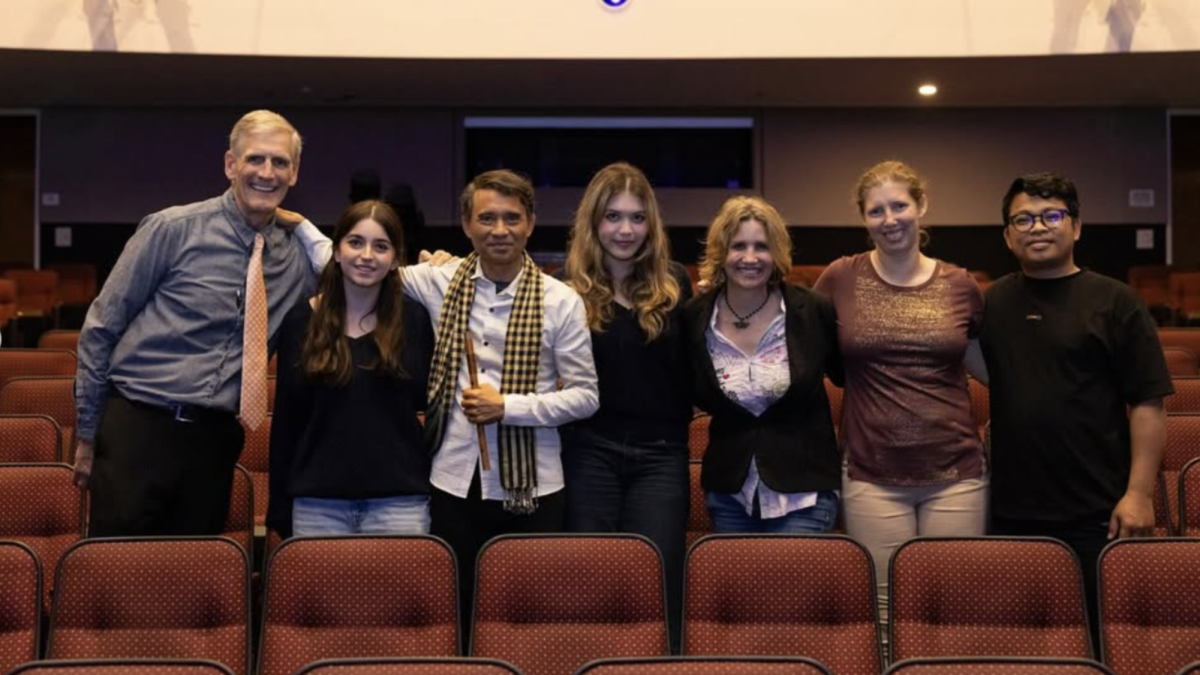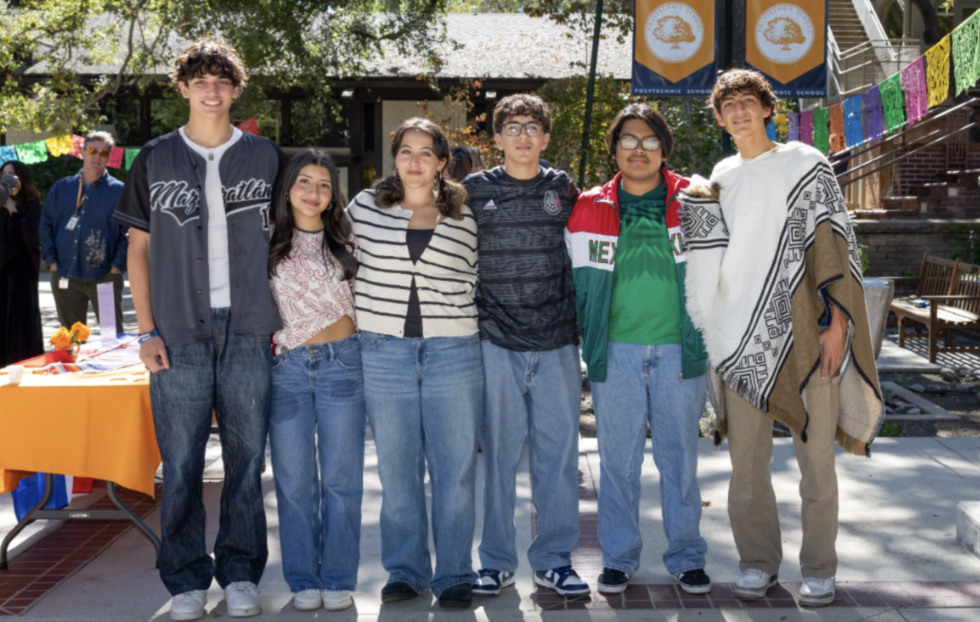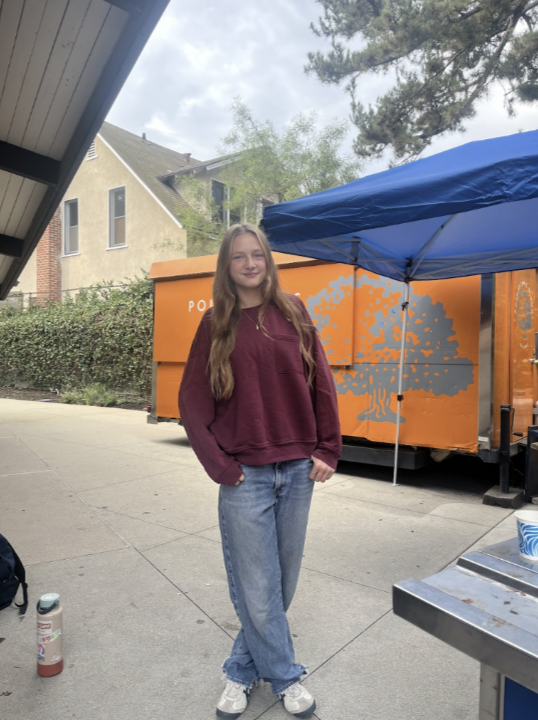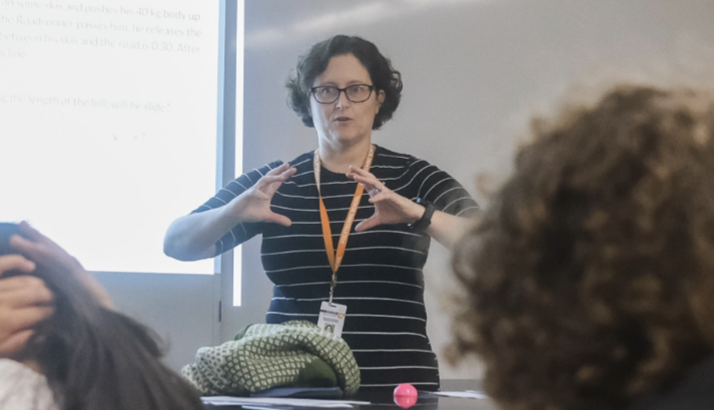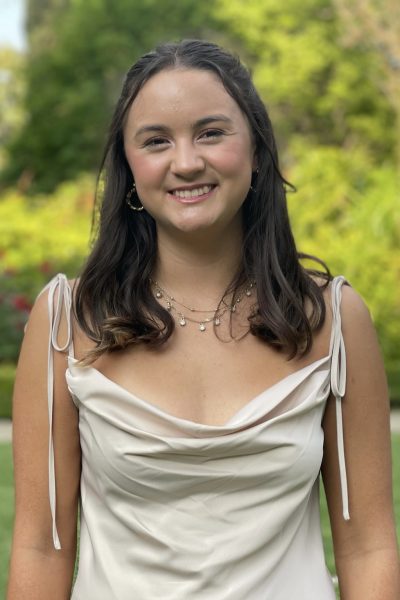The College Board, infamous for administering the SAT and instilling fear in Poly Upper School Students, also offers Advanced Placement (AP) Courses to high school students that are designed to mirror college curriculum and prepare students for higher education. In reading Poly’s 2024-2025 Course of Study, the following Advanced Placement courses are offered, per department, presented out of the total number of AP courses the College Board offers in that subject:
English: 2/2
Science: 4/8 (including PolyEnriched Chemistry)
World Languages: 5/8
Math and Computer Science: 3/6
History and Social Sciences: 1/8
Something seems a little off here. As a senior who will major in history in college, I certainly felt the absence of advanced history classes in my schedules throughout Poly. Although I do archival research in my extracurricular time, my schedule is full of rigorous science and math classes, which, while not harmful, is a discrepancy worth noting.
These numbers show a disproportionate balance between departments which is certainly not limited to Poly; it reaches nationwide. Across the country, students increasingly rely on artificial intelligence for their writing, and some public universities have even shut down their humanities programs. However, at a school whose mission reads, “We envision a community of students…who will contribute profoundly to the world as intellectual leaders,” and “We develop the unique intellect of each student,” it is unfortunate that this discrepancy is present here at Poly.
My proposal to remedy this situation is simple: add at least another advanced course to the history department. This would bolster the History Department’s important role on campus, allow students with passions in the humanities and social sciences to build schedules that support their interests, and support Poly’s mission and vision statement.
Several faculty members and students have expressed their discontent with the idea of adding APs specifically. History Department Chair Kristen Osborne-Bartucca noted that, several years ago, the department moved away from AP classes due to pushback — common in independent schools at the time — against classes with rigid curricula. However, in looking at the number of AP classes offered per department, I would be hard-pressed to say that this trend has continued in other subjects. The only question remains, why do we sacrifice history?
History is a valuable course that teaches skills other writing-based classes cannot. When discussing the focus of Poly’s history curriculum, Osborne-Bartucca said, “When we have a textbook in front of us, we want to interrogate: how did that textbook come into existence? How do we interrogate a primary source? How do we synthesize multiple sources that have different perspectives? We develop writing skills that I think are actually transferable to multiple places in one’s life, and we think other skills that might not immediately come to mind are just as important, like building empathy, which comes from engaging with the experiences of people in the past.”
A study of history, both the factual and analytical sides, is valuable to the well-rounded student. It is also valuable to the Global Scholar. According to their webpage, the Global Initiatives Program (GIP) “seeks to develop and instill within students the tools and experiences necessary so they may become considerate, contributing, and connected global citizens.” In describing Poly’s coursework, the GIP website notes, “Globally oriented courses are available to all Upper School students and are an integral part of the completion of a GIP certificate.” Yet, the only two AP/PE classes Poly offers in the history department are U.S. history classes. The Global Scholars program could only be strengthened by the addition of rigorous global history courses.
According to Co-Coordinator of GIP Rick Caragher, “Several Poly academic departments have supported the development and offering of numerous global courses. The history department has been an active and longtime supporter of courses that help our students gain greater global content, awareness, understanding and perspectives along with global competency skills.” He noted, for example, the switch from a sophomore-year European history class to the current world history class.
When asked how the history curriculum has changed in recent years, Caragher added, “In the past six years, we have lost three very popular global courses: Vietnam War, World History through Sport and Globalization and Human Rights.”
Given the recent loss of global-focused electives and the current lack of AP world history classes in the history department, one possibility to add rigor to the history department would be the addition of a sophomore-year AP World History option. This would be in keeping with the consistent interaction between the GIP and history departments.
While advanced courses are typically offered to juniors and seniors, not sophomores, the Math Department places certain students in an accelerated track from the beginning, and the Science Department allows eligible sophomores to opt in to PolyEnriched Chemistry, so there is precedent for an advanced course offered to tenth graders.
Certainly, if the option were offered, there are Poly students who would take an AP history course simply because it’s an AP course, and this is not necessarily healthy or productive for underclassmen. In talking about PE Chemistry, Science Department Chair Robin Barnes noted, “There is a pressure to take the advanced course just because it’s an advanced course. There is a peer pressure that, rightly or wrongly, exists.”
It is interesting to note that we overlook this possibility of unnecessary stress when it comes to STEM classes. While students passionate about these subjects can advance their studies early on, humanities and social science classes are expected to be the unifying pieces of the curriculum; however, this means students invested in English and history must wait longer to differentiate themselves from their peers, and they have fewer opportunities to do so once given the chance. On paper, it looks like STEM-focused students have had less rigorous educations than their humanities- and social science- oriented peers.
Another possibility proposed by Osborne-Bartucca is an AP US Government and Politics course, which would be available to students in multiple grades. She said, “It’s not a difficult test, and it’s not a difficult class, and I almost think that if the Government and Politics class, the non-AP one that we run here, was just tweaked a bit, you could really line it up with the test and not have to compromise any of your own focuses, but you could make it easier for those students who do want to take [the exam].”
Several students are already studying for this exam on their own, including senior Brendan Poon. While Poon did not find self-studying too difficult, he agreed that he would have rather taken the AP Government and Politics class if it had been offered.
“I had most of the key concepts, ideas and skills gleaned from the Government and Politics elective, as well as from [AP U.S. History],” Poon said. “The self-studying involved covering a few additional concepts, including the Federalist papers and other founding documents…. I don’t think that there was so much more in the AP curriculum that it would have required a sacrifice of some of the more interesting parts of the elective curriculum.”
In a poll of six students who have self-studied for social science APs, 83.3% of respondents said that they self-studied because the class was not offered at Poly. Given that Poly markets itself as a college-prep school, I find it upsetting that students passionate about history and social sciences must resort to self-studying for their AP exams while those interested in other subjects can be guided by a teacher and a structured class curriculum.
Several faculty members who I interviewed expressed concerns about a lack of student interest in history and social science APs. However, in a poll of the Upper School student body, 92.6% of 68 respondents expressed interest in taking at least one AP history or social science course offered by the College Board. Examples include Comparative Government and Politics, European History, Human Geography, Macroeconomics, Microeconomics, US Government and Politics and World History. Clearly, Poly students are more eager for the addition of more history and social science APs than perhaps otherwise assumed.
I would have loved to have taken more history and social science courses at Poly, and, evidently, the student body shares this sentiment. Poly has dedicated faculty committed to supporting students’ needs, and offering another AP history course, whether World History or Government and Politics or something else entirely, would support students’ interest in the humanities and social sciences and continue developing the valuable skills that history teaches. Ultimately, a more balanced rigor level across departments would support Poly’s mission to develop unique intellect, support global initiatives and mold well-rounded graduates.



